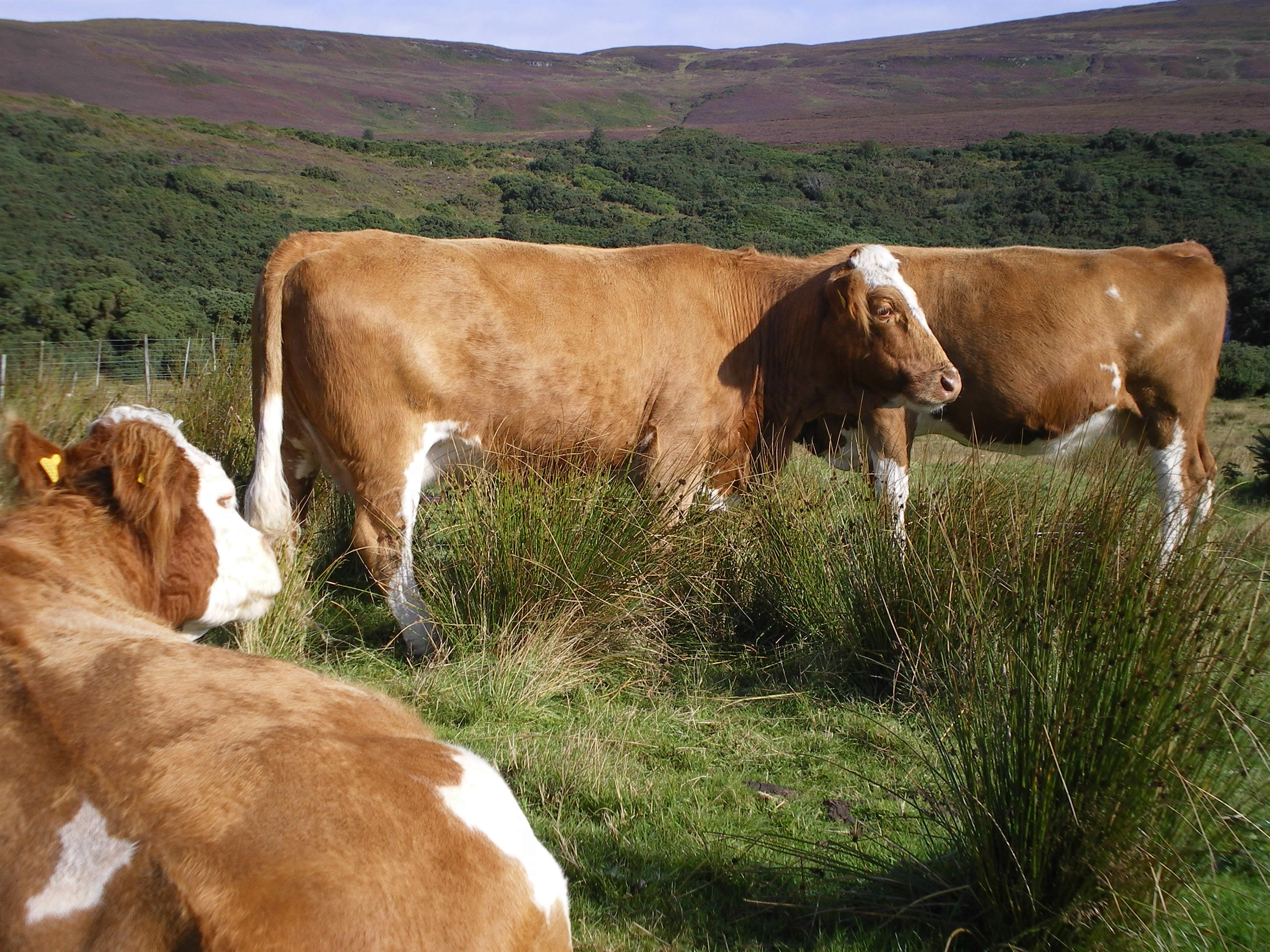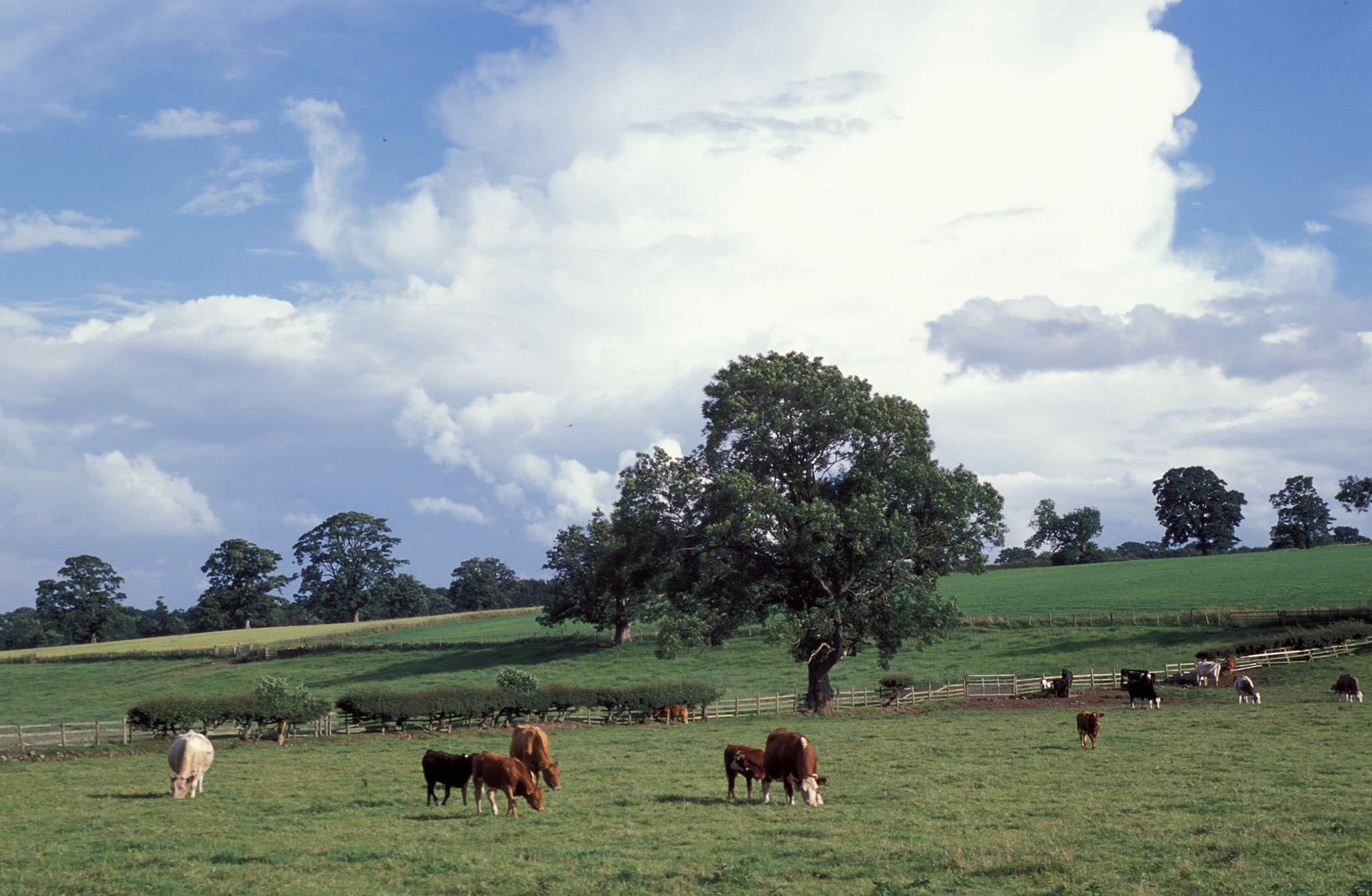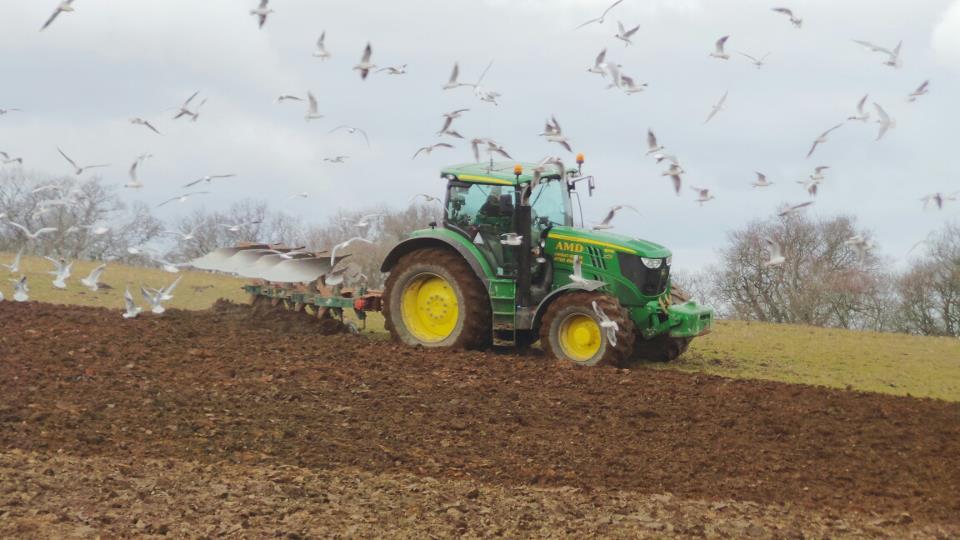Dec 2 2014
STFA SAYS NO TO FORESTRY ON ARABLE LAND
News Release
Scottish Tenant Farmers Association
2nd December 2014
STFA SAYS NO TO FORESTRY ON ARABLE LAND
The Scottish Tenant Farmers Association has written to Forestry Commission Scotland to urge it not to plant trees on what was once intensive agricultural land.
STFA is responding to a consultation being carried out by FCS in Aberdeenshire on tree planting plans on farms purchased by the Commission before the Woodland Expansion Advisory Group (WEAG) curtailed what had been an unbridled acquisition policy buying agricultural land for forestry.
Commenting on the Commission proposals STFA director Angus McCall said; “As a member of the WEAG, we continue to support the recommendations of the group, including the requirement to consult with stakeholder groups and the local community and the recommendations calling on those considering planting whole farms to keep better grades of land in agricultural use.
“The Forestry Commission has led the field in creating starter units for new entrants to farming and has recently had a good track record in responding to concerns raised by tree planting plans. The consultation on Corniehaugh Farm, for example, seems to have taken account of the wishes on the local community and we hope that these farms will be treated in a similar manner.
“Much of this farmland being considered for woodland creation is productive land. The arable land at Culdrain, for example, is described by the Forestry Commission themselves as “being mostly intensive agricultural land”, planting with trees would be totally inappropriate. The land has been recently cropped and the farm would provide an ideal starter unit for a new entrant. Similarly some of the land at Upper Tullochbeg is good grassland and really should be added to the existing starter farm to increase its viability. We have also suggested that the better land on the remaining farms be retained in agriculture.
“We acknowledge the need for increased tree planting to meet climate change targets and to satisfy the demands of the timber industry, but this should not take place at the expense of agriculture and its prime purpose of producing food. The government has stated its woodland creation ambitions but it also has committed to making more land available for new tenancies. These two ambitions could surely go hand in hand, with agriculture retained on the better land and tree planting on the remainder. There may even be scope for agro-forestry schemes.”
For further information:
Contact: Angus McCall 01408 633275 / 07767 756840
Notes for editors:
Farms referred to are:
(a) Culdrain Farm – 64.2ha of arable and 7.2ha rough grazing near Huntly
(b) Upper Tullochbeg and Ittingstone, near Huntly – 80.6ha arable, 33.8ha permanent pasture and 100.1ha rough grazing. Buildings plus 44.7ha have been already leased out as a starter farm.
(c) Curlusk and Broadfield – 180ha of grazing land near Keith





